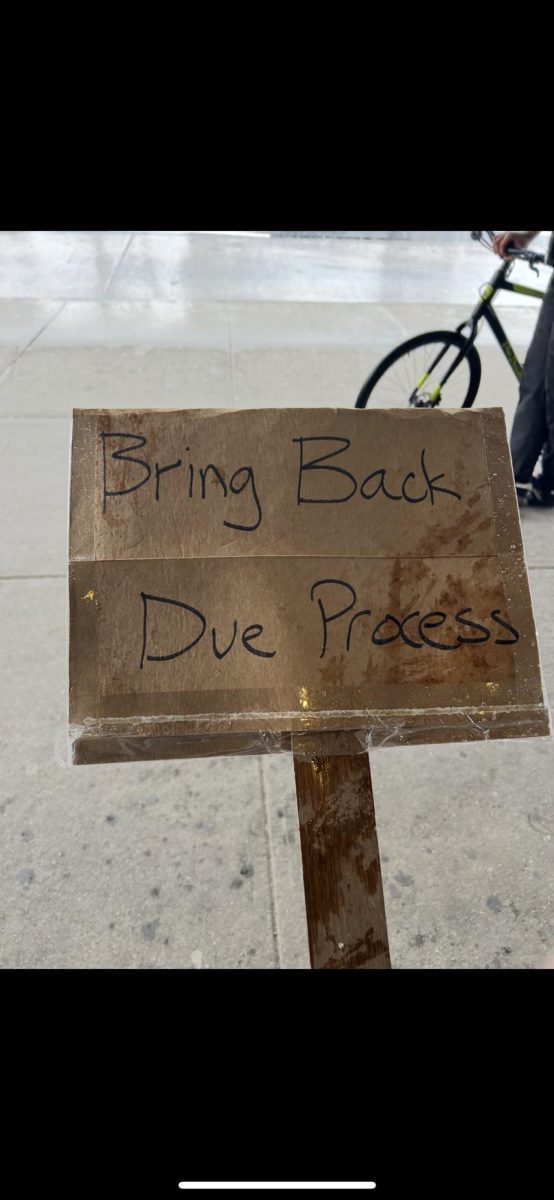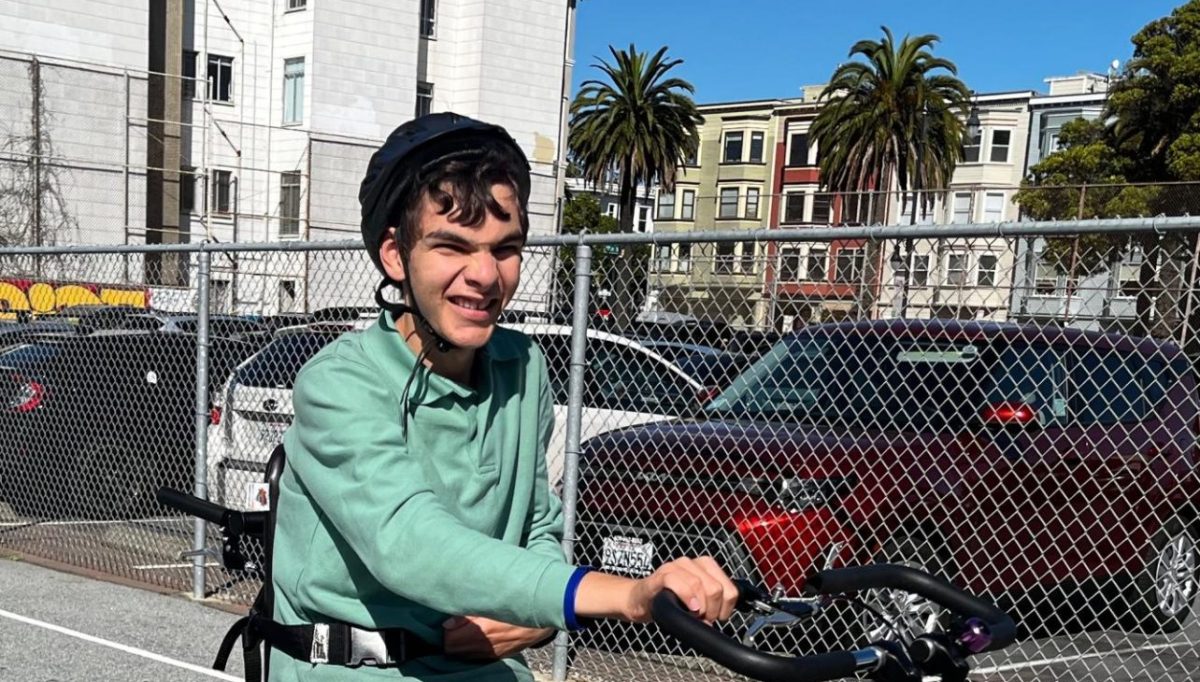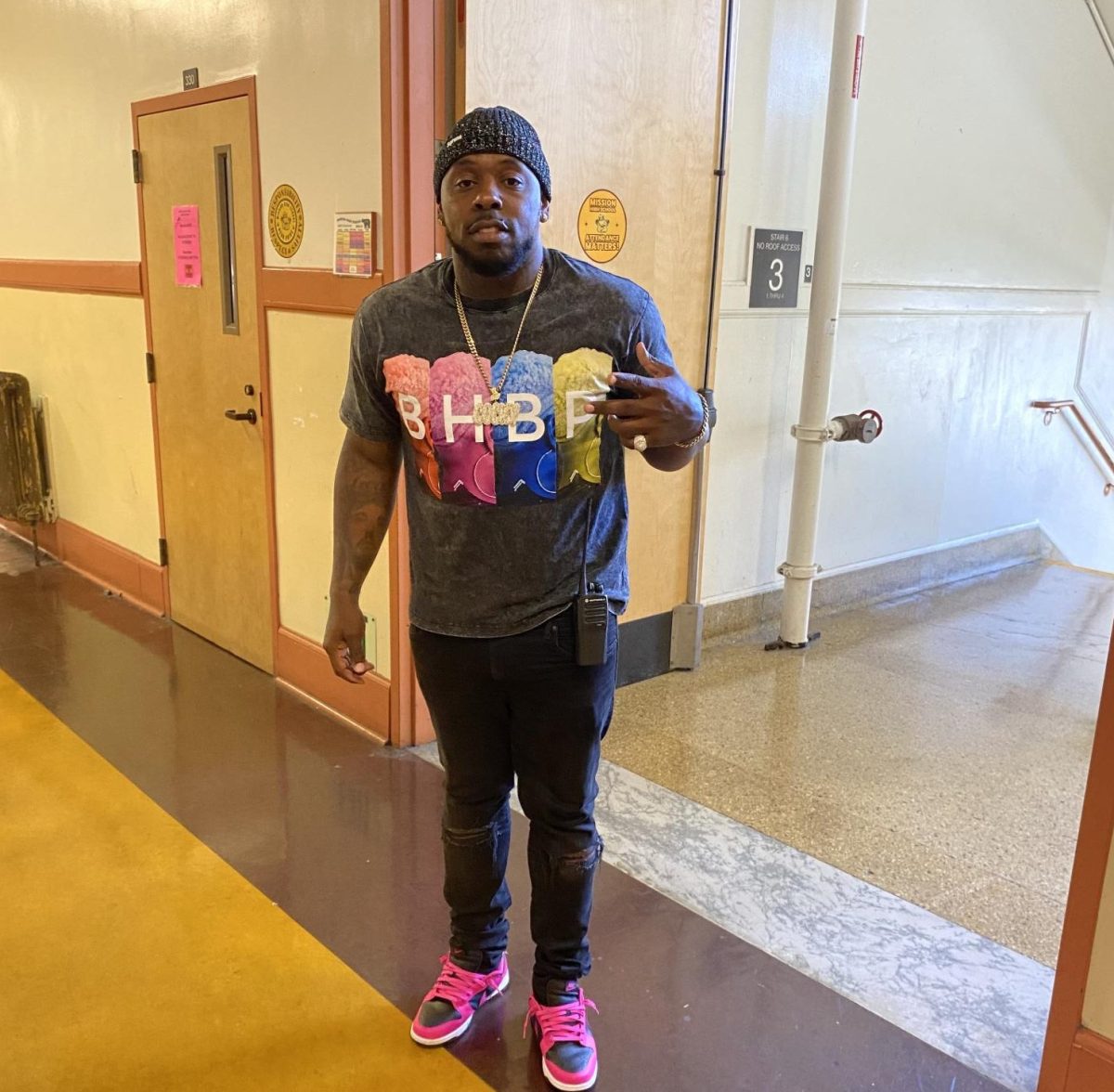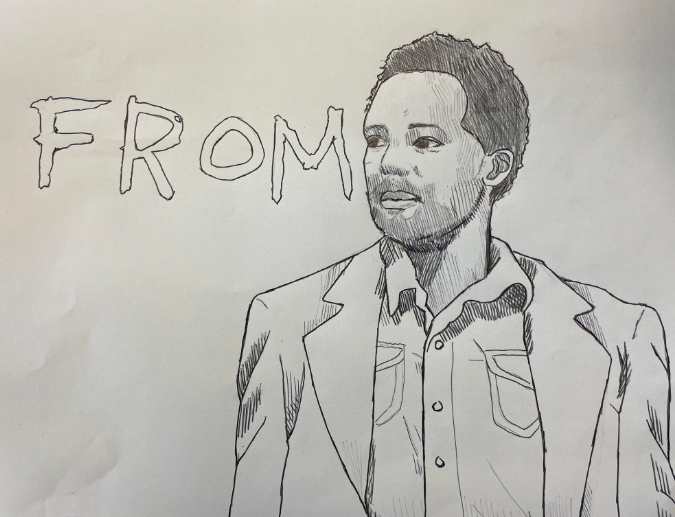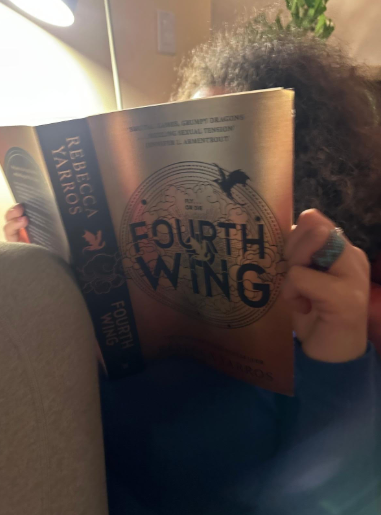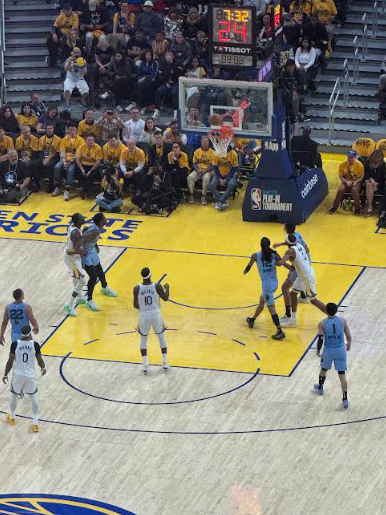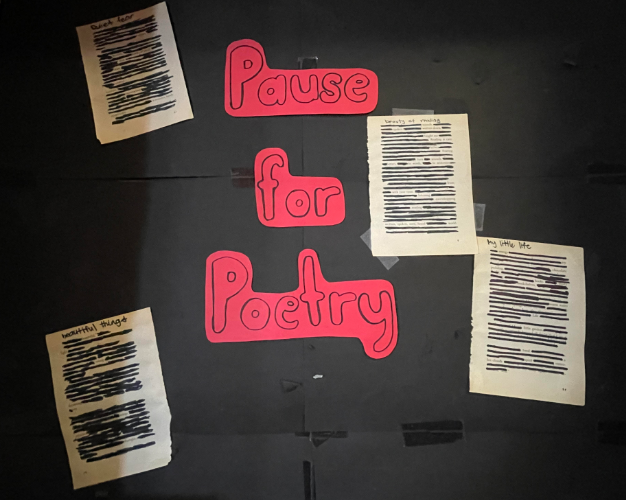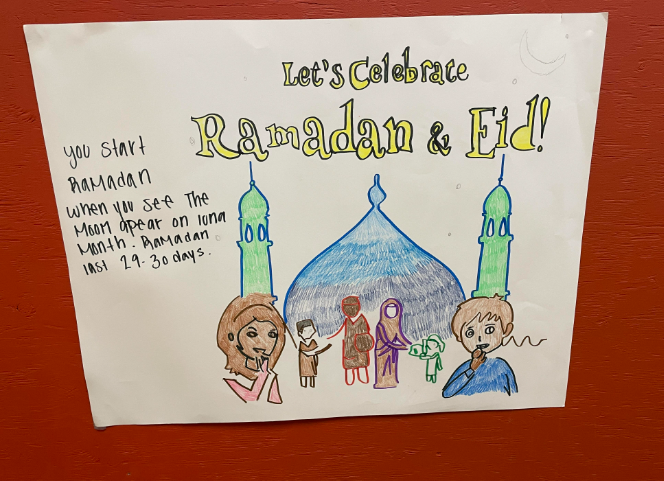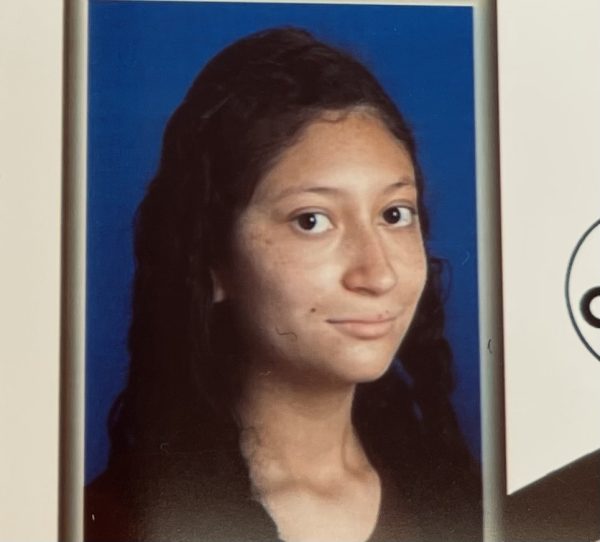No one else was in the room where it happened.
Wrong. The people who drafted and passed the 14th Amendment knew exactly what they were doing. They made birthright citizenship crystal clear.
Back in the 1860s, Ohio Representative John Bingham wrote what would become one of the most important sentences in American history: “All persons born or naturalized in the United States, and subject to the jurisdiction thereof, are citizens of the United States and of the State wherein they reside.”
This amendment wasn’t just words on paper—it was a direct response to the country’s ugly past. After the Civil War, white supremacists were doing everything they could to deny citizenship to formerly enslaved Black Americans. The 14th Amendment shut that down. It made sure that citizenship wasn’t something politicians could pick and choose. If you were born here, you belonged here. (Constitution Annotated)
Of course, not everyone was happy about that. Senator Edgar Cowan of Pennsylvania—who, to put it bluntly, was racist—argued that this amendment would allow too many immigrants, particularly Chinese laborers, to become citizens. But Jacob Howard of Michigan made it clear: the only people excluded from birthright citizenship were children of foreign diplomats, who had legal immunity. This is something that we still follow. (Cody Wofsy and Hannah Schoen Steinbreg, 2025). So why are we still arguing about this?
Fast forward to today, and suddenly “subject to the jurisdiction” is up for debate again—except it’s not a debate. The meaning hasn’t changed in over 150 years. But that hasn’t stopped politicians from trying to twist it into something it’s not.
Since 2016, we’ve seen a rise in xenophobia, racism, and just outright fear-mongering (Vanessa Williamson, 2019). Donald Trump built his entire campaign on targeting immigrants, calling Mexicans “rapists” (BBC News, 2016), pushing for a Muslim ban, and now, he’s claiming that there’s somehow a loophole in birthright citizenship.
But here’s the thing—it’s not. It never was. The Supreme Court settled this in United States v. Wong Kim Ark (1898) (Oyez, 2025), confirming that children born in the U.S. are citizens, no matter where their parents came from.
So when Trump says he wants to end birthright citizenship, what he’s saying is: I want to change the rules to decide who gets to be American and who doesn’t.
This isn’t just about birthright citizenship. It’s about power. It’s about who gets to belong and who gets pushed out. The same people attacking the 14th Amendment are the ones restricting voting rights, banning books, and telling people their existence is a problem. If they succeed in reinterpreting the 14th Amendment, what’s next? Can they decide that some Americans just aren’t American enough? Will citizenship become something that can be taken away?
We’re heading into another election year, and the choices we make now will shape what kind of country we can become.
The 14th Amendment was never up for debate, and it’s not up for debate now. The question isn’t “What does ‘subject to the jurisdiction’ mean?”—we already know the answer to that. The real question is: Why are politicians so desperate to rewrite history? And more importantly—are we going to let them?
Because if we don’t pay attention, we might wake up in a country where the definition of citizenship is no longer about where you were born, but about who’s in power. And that should scare all of us.


